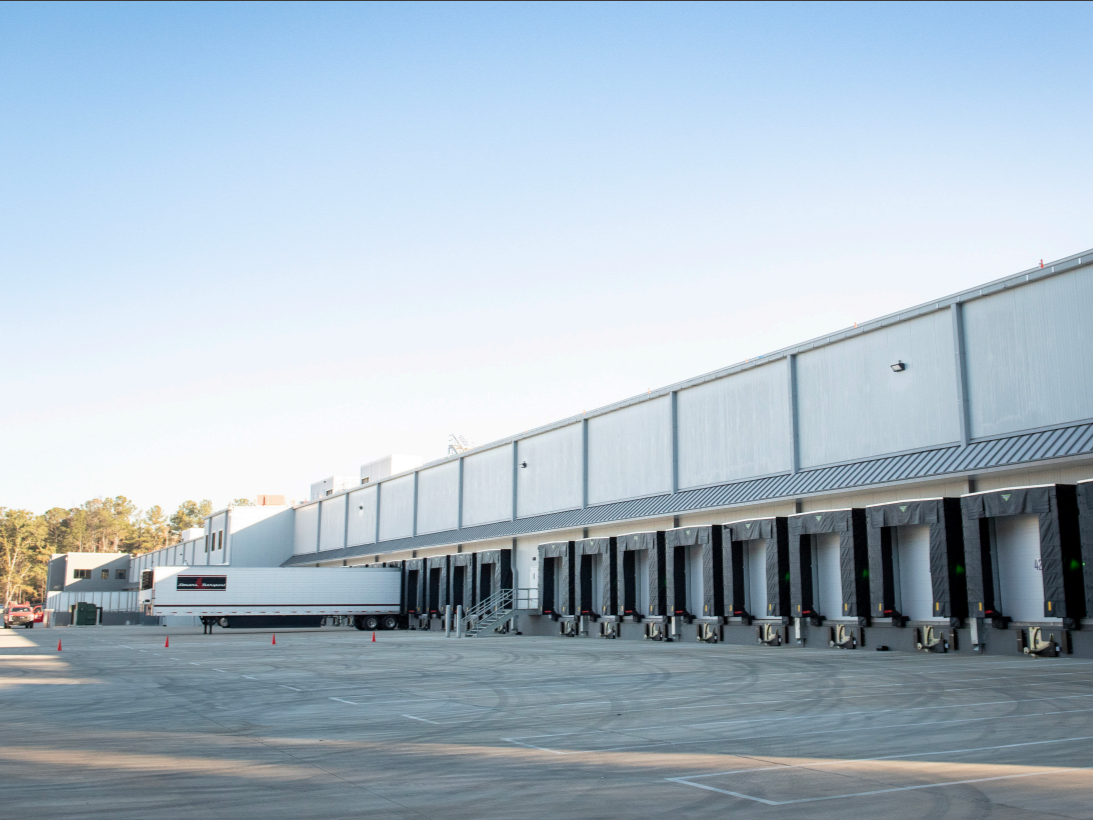Remote Work Gains Staying Power
A greater percentage of respondents to CoreNet Global's updated survey on employees working from home believes the practice will likely endure in the post-coronavirus climate.
Remote work is not just a means of keeping businesses going during the spread of COVID-19; it may very well be the wave of the future, according to an updated survey from CoreNet Global. As noted in the revised research, an increased percentage of corporate real estate professionals believe remote work will be part of the new normal after the immediate coronavirus crisis passes, and as a result, the overall corporate real estate footprint will contract.
READ ALSO: CPE’s Coronavirus Coverage
CoreNet’s updated survey on the implementation of remote work and virtual meetings during the pandemic took the pulse of 11,000 members from April 22 until April 27 on the heels of three previous surveys conducted on the same topic from March 4-6, March 17-19 and March 25-27. Examining information culled from separate surveys to end users and service providers, CoreNet found that 94 percent of end users believe expanded use of remote working will continue beyond the current crisis, marking a 5 percent and 22 percent increase from the end-of-March survey and the mid-March survey, respectively. “This suggests that for most companies the remote-working experiment is working well,” Tim Venable, senior vice president, CoreNet Global, told Commercial Property Executive. “Remote working expanded dramatically due to the coronavirus, and the data suggest that companies will continue to rely on it as part of their workplace strategy moving forward.”
Among the end users who responded to CoreNet’s updated survey, 69 percent also anticipate that their company’s office real estate will decline with the rise in the number of employees working from home, marking an increase of 18 percent from the previous survey, when 51 percent of respondents expected their employer’s use of office square footage to drop. The resulting impact on the national office market will hinge on the degree to which employers rely on remote work. “If remote working is deployed aggressively, some companies might opt for cost savings, and take less space,” said Venable. “Others deploying remote working less extensively could choose to keep the same amount of space they currently have and simply de-densify it and reconfigure it to accommodate social distancing and the ‘new normal.’” Furthermore, 70 percent of survey participants indicated that real estate projects have been suspended, compared to 67 percent in the previous survey.
Post-pandemic office life
A workplace consisting of a substantial percentage of remote workers will present a certain set of challenges, the survey respondents asserted. For one, multiple options for open collaboration, which has become a centerpiece in the design of modern office space today, will no longer be viable. However, the most immediate obstacle is timing; companies are now focused on how and when to re-enter their office space. “Some companies are saying they will not be in a hurry to bring large numbers of people back to the office even when government shelter-in-place orders expire,” Venable noted. “They are taking the time now to consider revised office layouts, requirements for social distancing, expanded cleaning protocols, and other factors to ensure that employees will be safe, and feel safe, upon returning to the office.”








You must be logged in to post a comment.